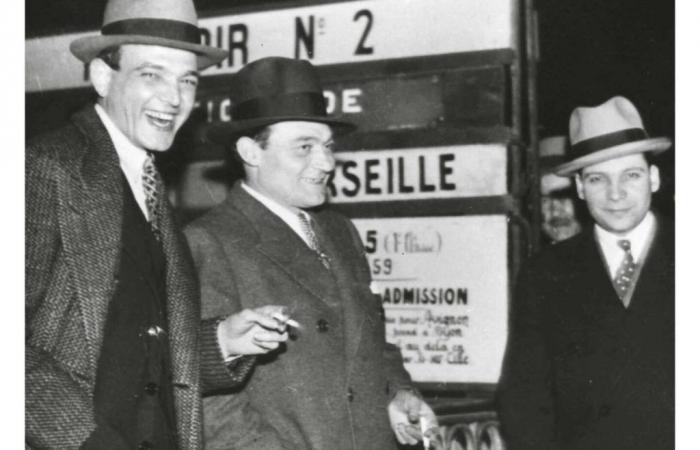“Marseille, “capital of crime”? The roots of an imagination”, by Laurence Montel, Champ Vallon, “La chose publique”, 416 p., €27, digital €18.
Rarely has a question mark in a book title been so appropriate. With Marseille, “capital of crime”?it is in an integral way that Laurence Montel questions the bad reputation of the Marseille city. This tenacious reputation, the image of a city held by thugs, makes the historian the very subject of her research.
From the beginning of the 19th centurye century until the 1940s, the author confronts abundant police and judicial sources with a very wide range of cultural productions, from the written press then in full development as well as from popular literature. She accesses the vision of criminal phenomena by contemporaries themselves, to the imagination which little by little is built around Marseille. Thus takes root a system of representations whose effects are lasting on the populations concerned and public policies.
Attentive to social developments, according to economic situations and successive waves of immigration, the historian describes the changes in Marseille crime, its modes of organization and their influence on the city. For a long time, what we called the “slums”, confined to a few streets, did not scare much. But with the tremendous growth of the port from the 1850s, the numerical growth of the working classes worried the local bourgeoisie. Soon, the economic and cultural elites abandoned the central districts of the city, while their hostility fueled the Marseille press and literature.
The Marseille nerd
The figure of the nerd symbolizes the depreciation which becomes systematic towards working-class youth, in particular of foreign – then Italian – origin. The nerd, initially rowdy, idle and seductive from the South, soon loses all sympathetic aspect, as socialist ideas spread with poverty. Coming from classes now considered dangerous, the Marseille nerd is portrayed as a brutal executioner of the dirty works of an underworld fighting for control of prostitution and gambling.
At the edge of the 20the century, the dangerousness of Marseille became a commonplace in public discourse. It justifies the direct intervention of the State, demanded by Marseille notables against the socialist municipality. The 1930s, during which settling of scores and armed robberies multiplied, were the apogee of the reporting of widespread corruption and the impunity of local criminals – yet hardly different from what others experience. other cities, Paris in particular.
You have 18.97% of this article left to read. The rest is reserved for subscribers.






